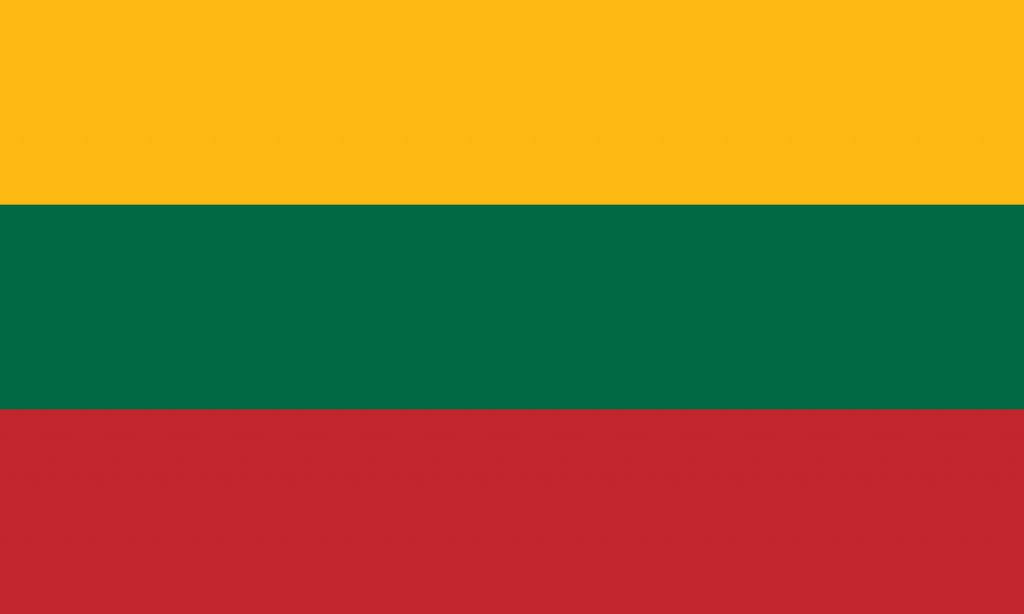Working in Lithuania as an expat can be an exciting and fulfilling experience. With its rich history, vibrant culture, and growing economy, Lithuania offers numerous opportunities for professionals seeking new horizons. Whether you are considering a short-term assignment or planning to settle down here, there are several key factors to consider to ensure a successful transition and integration into Lithuanian society.

Job market and opportunities
Lithuania has a diverse and evolving job market, particularly in sectors such as information technology, finance, manufacturing, logistics, and shared services. The country has witnessed significant growth in recent years, attracting both local and foreign investments. Vilnius, the capital city, is a major business hub and offers a wide range of employment opportunities. It is advisable to research the job market, identify potential employers, and utilize online job portals and recruitment agencies to find suitable positions.
Work permits and visa requirements
Before starting work in Lithuania, it is important to understand the work permit and visa requirements. If you are a citizen of the European Union (EU) or the European Economic Area (EEA), you have the right to work in Lithuania without restrictions. Non-EU/EEA citizens will typically require a work permit, which is obtained through a job offer from a Lithuanian employer. The process may involve multiple steps, including obtaining a visa and registering with the Lithuanian authorities. It is crucial to familiarize yourself with the application process and gather the required documentation well in advance.
Language skills
The official language of Lithuania is Lithuanian and proficiency in the language is highly valued, particularly in certain sectors and for long-term integration. While English is widely spoken, especially among younger professionals and in international companies, learning Lithuanian can greatly enhance your experience and improve your job prospects. Various language schools and resources are available to help expats learn Lithuanian, and many employers provide language courses as part of their employee benefits.
Cost of living
The cost of living in Lithuania is generally lower compared to other European countries, offering expats a good quality of life. However, it is important to consider factors such as accommodation, utilities, transportation, groceries, healthcare, and leisure activities when planning your budget. Vilnius and other major cities may have higher living costs, but overall, Lithuania offers affordable housing, reasonable prices for goods and services, and a range of leisure options.
Cultural adaptation
Lithuanians embrace their heritage with open arms, known for their warmth, hospitality, and strong family values. Building relationships and integrating into Lithuanian society involves understanding and respecting these cultural values. To blend in with the community and experience local culture, embrace local customs and traditions, investigate Lithuanian food, take part in cultural events and festivals, and partake in social activities.
Work-life balance
Lithuania places importance on work-life balance, with a typical working week of 40 hours and a generous annual leave entitlement. Lithuanians value their leisure time and enjoy a range of outdoor activities, including exploring nature, sports, and cultural pursuits. Take advantage of the country’s beautiful landscapes, national parks, and cultural heritage to strike a healthy work-life balance and experience the best of what Lithuania has to offer.
Healthcare system
The people of Lithuania are all covered under a single healthcare system that provides universal coverage. Depending on their circumstances, foreign nationals working in Lithuania may be eligible for the country’s public healthcare system. You should learn about the healthcare system and enrol in the National Health Insurance Fund. And become aware of the various services and advantages that are at your disposal. As a component of their overall benefits package, many firms provide their staff with access to private health insurance.
You may also like these related articles:
